In the battle to slow the aging process you need to take aim at Advanced Glycation End products commonly referred to in the scientific community as AGEs.
There are two components involved in this process.
Proteins and Sugar.
Proteins are formed from amino acids. They are essential for life because they serve two critical roles.
First they provide structure for the body. One such structural protein is collagen, which accounts for approximately one third of your body’s total protein. It’s found in skin, muscles, organs, and vascular structures. Collagen provides elasticity and cohesion.
Second, proteins provide function in the form of enzymes that enable all life-sustaining chemical reactions to occur within your body.
Sugar is a simple carbohydrate. It provides needed energy for your cells. When properly controlled, proteins and sugars can interact without causing damage to the body.
However, as you age your structural proteins are damaged by a process known as glycation.
This process is an uncontrolled, non-enzymatic reaction between proteins and sugars. It significantly alters the structure and function of proteins.
A sugar molecule attaches itself to a protein molecule resulting in the formation of a non-functioning glycated protein called Advanced Glycation End products or AGEs. Research has implicated AGEs in most of the diseases associated with aging like:
- Alzheimer’s Disease
- Cancer
- Heart Disease
- Type II Diabetes
- Kidney Disorders
- Atherosclerosis
- High Blood Pressure
- Stroke
- Visual Impairment
- Skin Disorders
(If you would prefer to view this information in a video format, then please click on my YouTube video below:)

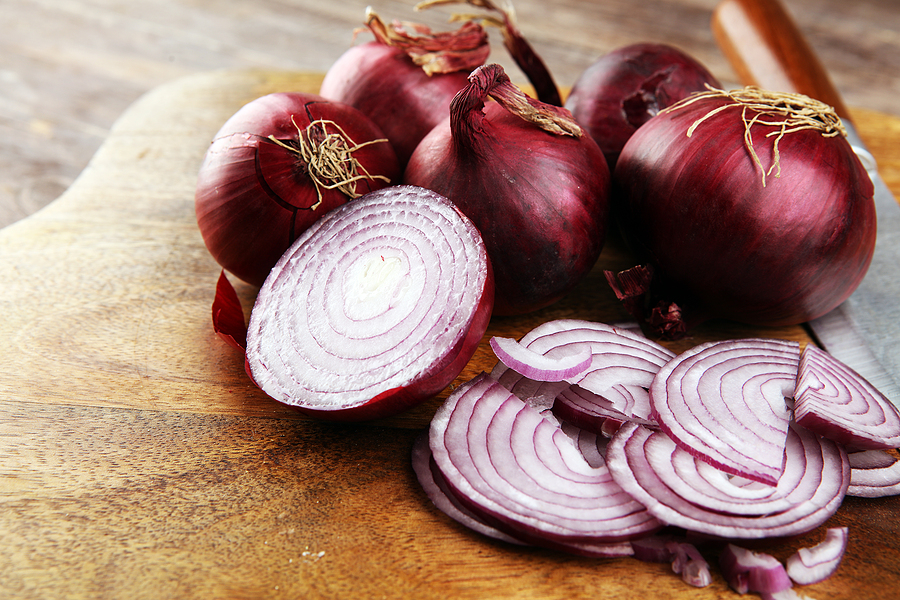

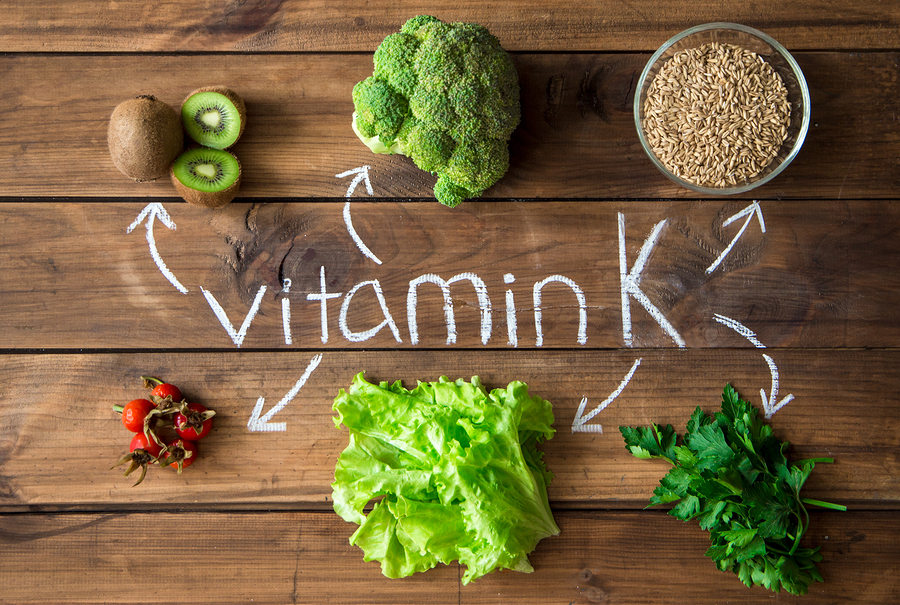
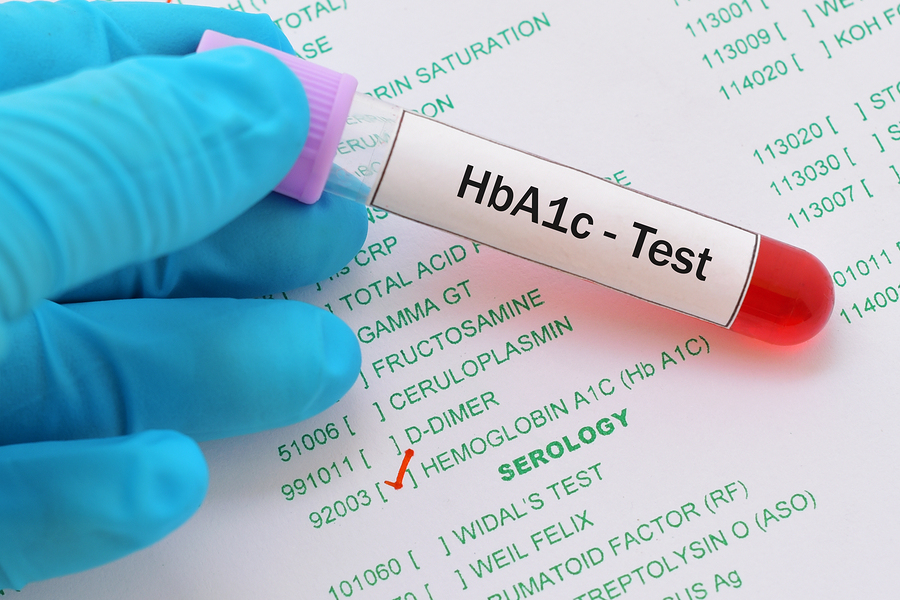
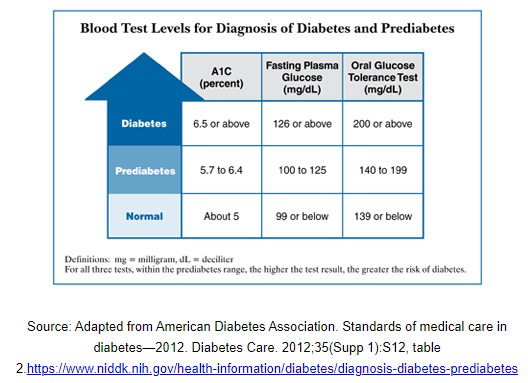


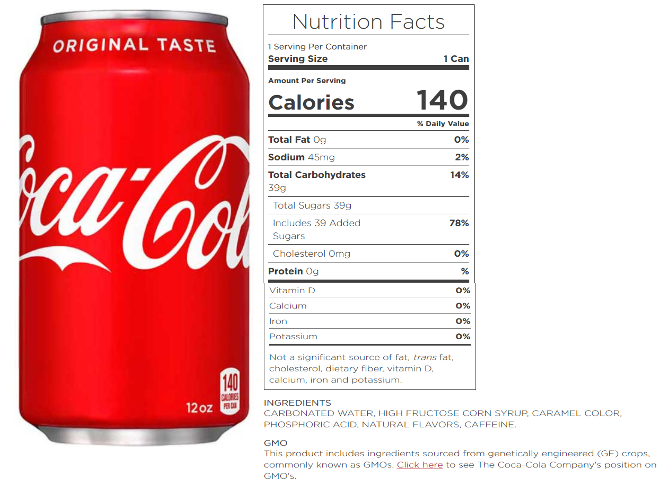
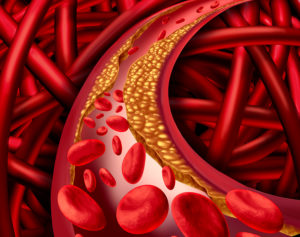 “the real cause of heart disease” you will find the following two culprits:
“the real cause of heart disease” you will find the following two culprits: the nutritional value of Halloween Candy.
the nutritional value of Halloween Candy.